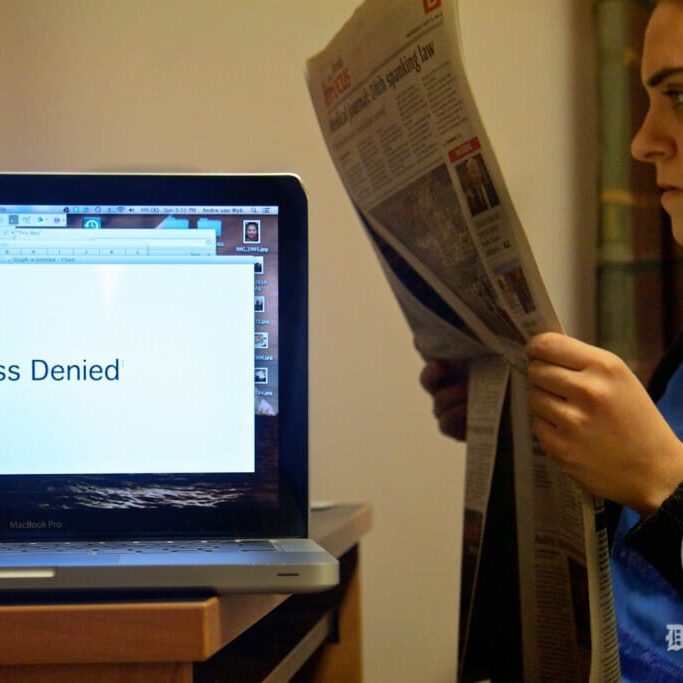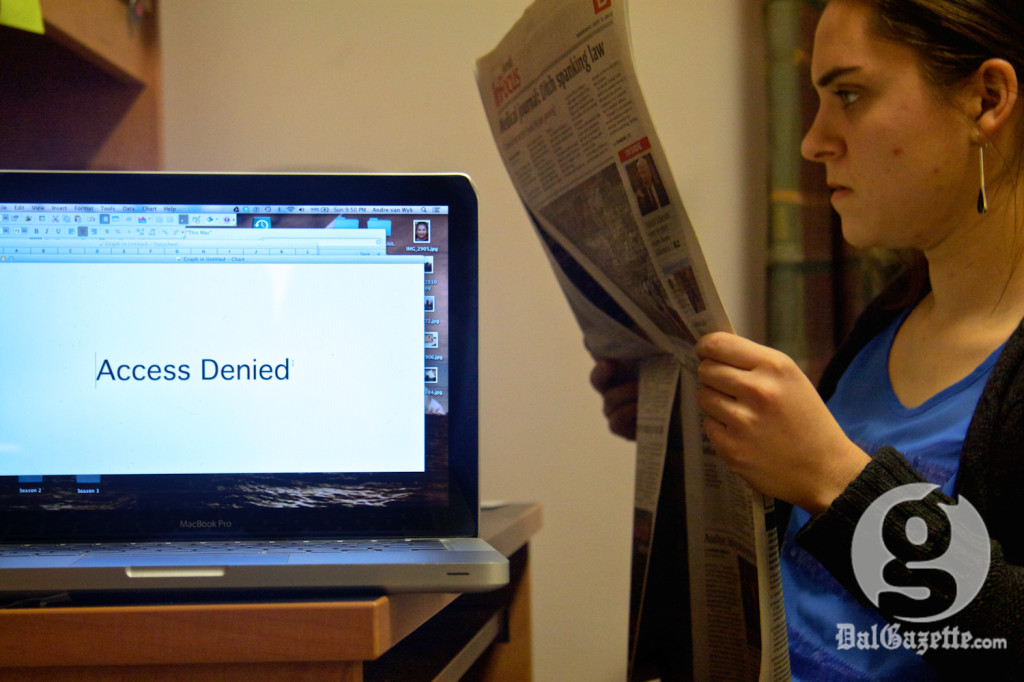
A friend recently questioned my disinterested suspicion of this new attempt to fund traditional news sources. He asked, wryly, whether it may simply be arising from my sulky anger over The Globe and Mail’s recent establishment of a paywall. In short, yes. It does. But the extreme subjectivity of my position (aside from being part of the human condition) finds a place in objective arguments.
Paywalls are only one way for a paper to earn money, and it is unclear whether they are worth the ethical issues they raise. The endless push for funds, while necessary for any business to function, has in this case steamrolled broader and more subtle concerns. The Internet has long been lauded as a leveller of the social playing field, for such reasons as increased access to information. As well as being a space in which aspiring writers can gain immediate access to a potentially huge audience, free news sources on the Internet can potentially have huge amounts of people reading them. This opens readership to those who couldn’t have afforded to pay for paper. For those who can’t afford a computer, it’s still an improvement; the library has far more computers than it does copies of a single paper.
In fact, idealism and economics aren’t totally at odds in this issue. As an infographic from BestCollegesOnline shows, figures on the utility of paywalls in hiking up newspaper revenue have been mixed. What works for some papers has not worked for others, and no one has come up with the magic formula yet. To assume that paywalls will answer all financial woes for every paper is obviously false, and so should not automatically trump all objections raised against them.
The Leveson Inquiry, a British investigation into journalistic ethics, highlights the presence of a huge international audience on the Internet that has given rise to a new brand of pedestrian and online journalism. While the rise of these blogs and online journals cannot claim the establishment of paywalls as their cause, it seems likely that many readers will follow the path of least resistance, choosing free over paid information. You can play the standards card, as Leveson does, but the reliance of even the mainstream media on sources like Twitter demonstrates the increasing normalcy of turning to pedestrian sources for information. Sites such as The Huffington Post have won journalistic awards for their work. Why should readers pay for access to traditional sources, when the line between the work of traditional sources and that of pedestrian journalism and online news sources is no longer clear?
Of course, paywalls, which demand payment for journalism, aren’t doing anything new. Before newspapers went online, readers always had to pay for print content, unless they were doing their reading in the library. But the Internet offers a chance for journalism to achieve one of its ultimate aims—the fight for freedom of information—in ways previously unimaginable. Call me idealistic, but it saddens me to see that opportunity tossed aside so quickly.







